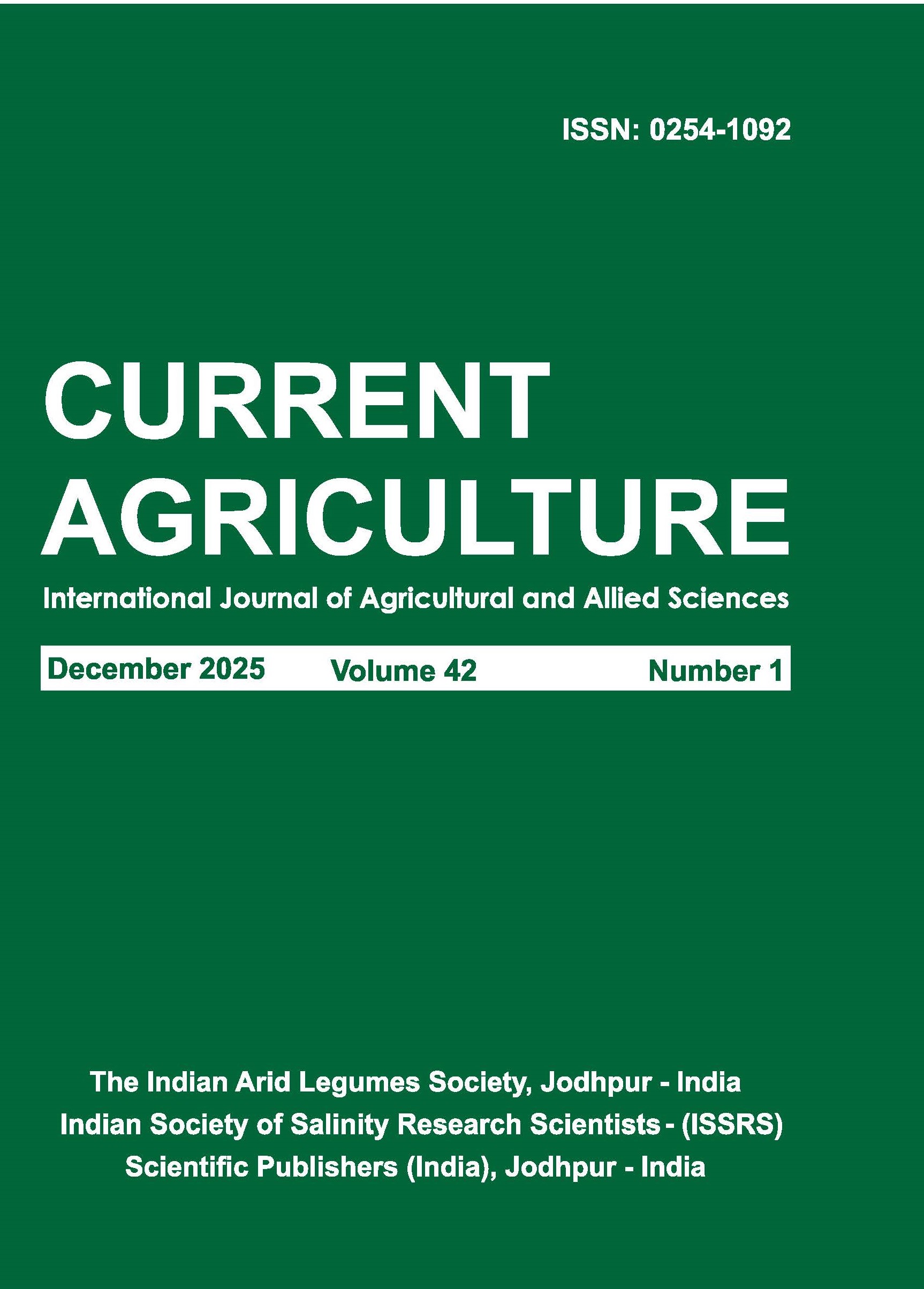Groundwater is a critical component of the nation’s water wealth also a finite resources. Groundwater is vital for agriculture, drinking water, and industry. Population growth has created an unprecedented demand for water, with the situation most critical in the hot arid zone of India, where several million people entirely depend on groundwater for their all economic activities and even for basic survival. The groundwater in hot arid zone of India particularly in western Rajasthan faces significant challenges of fast declination of groundwater table due to its over-exploitation, contamination, indiscriminate use for inefficient economical activities. Per capita water availability in western Rajasthan is as low as 484 m3 yr-1, much below the national average of 1341 m3 yr-1. Agriculture sector is the highest water user in western Rajasthan (89.8%), followed by domestic (9.9%) and industry sector (0.3%). About 80% of the annual rainwater is lost through evaporation and seepage and less than 7% contributes to the recharge of groundwater. The overall groundwater stage of development for the western Rajasthan is 158%, which is categorized as ‘overexploited’. A heavy withdrawal of groundwater results in depletion of the groundwater table by 0.5 to 0.7 m every year. The situation may be further aggravated in future due to climate change and variability. For effective management of groundwater resources there is need to create awareness amongst the different water users. Judicious use of groundwater in irrigation water supply and industries coupled with artificial recharge, rainwater harvesting and conjunctive use of groundwater mixing with surface water in canal command area holds the key alleviate the Rajasthan problem of water in the region on sustainable basis. This article presents various issues related to groundwater in western Rajasthan and highlights the opportunities for sustainable development of groundwater.



